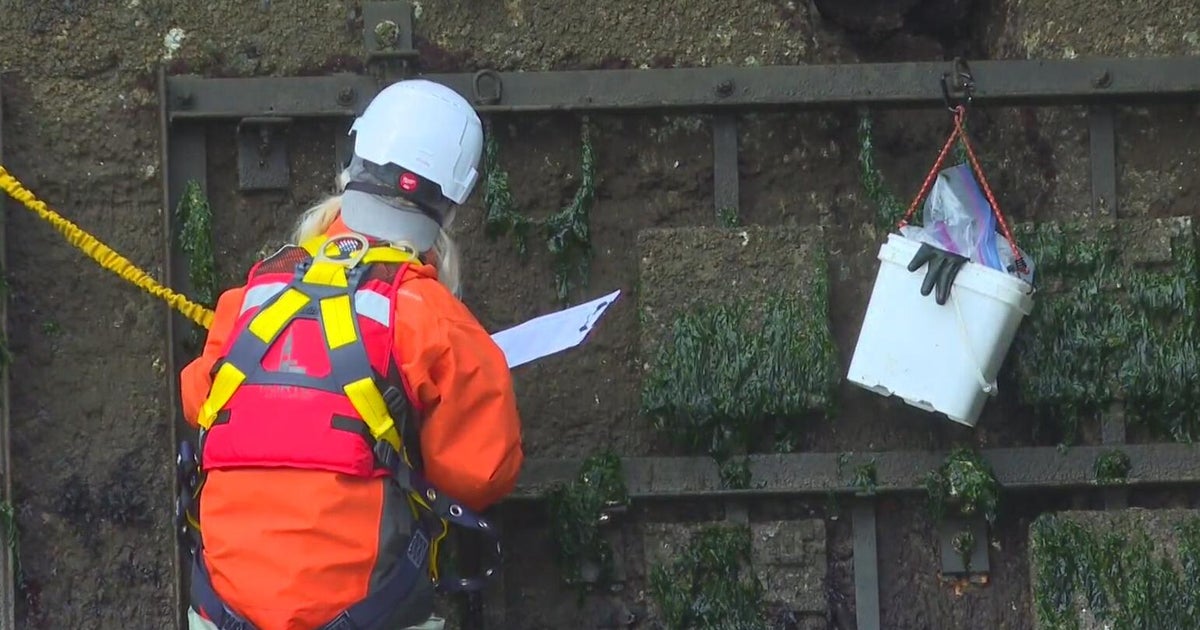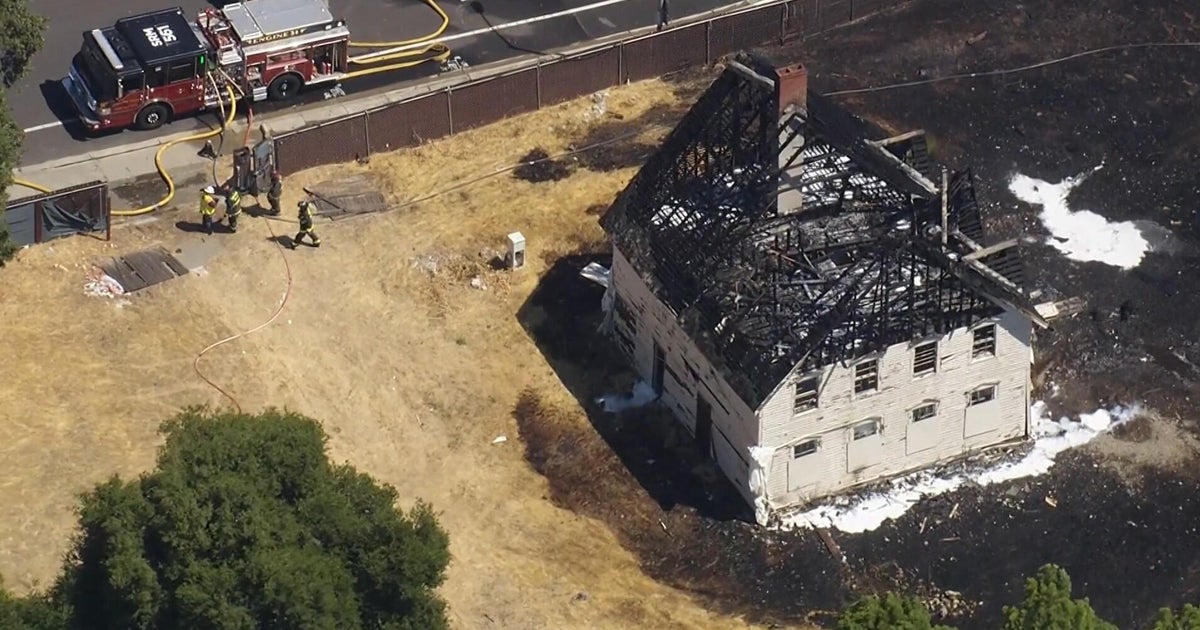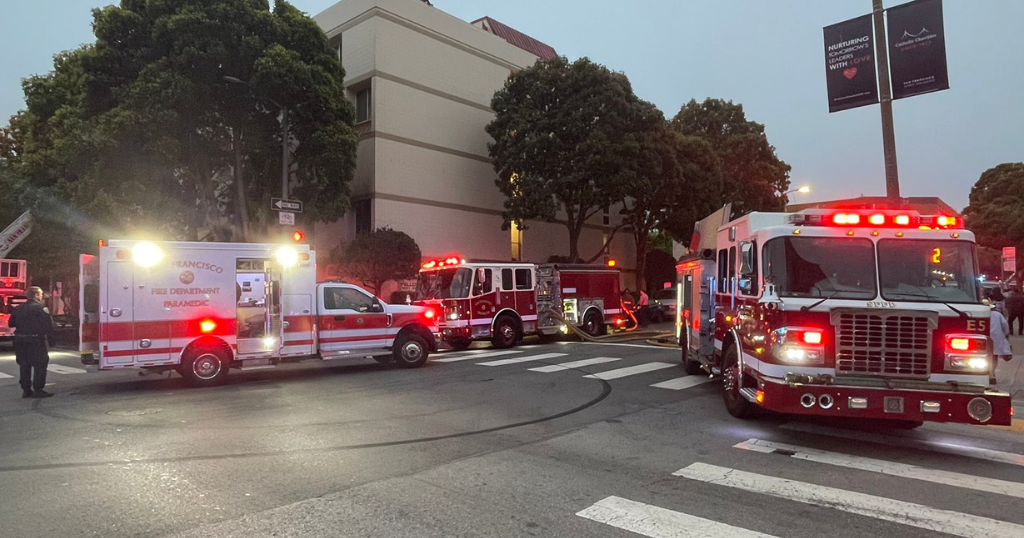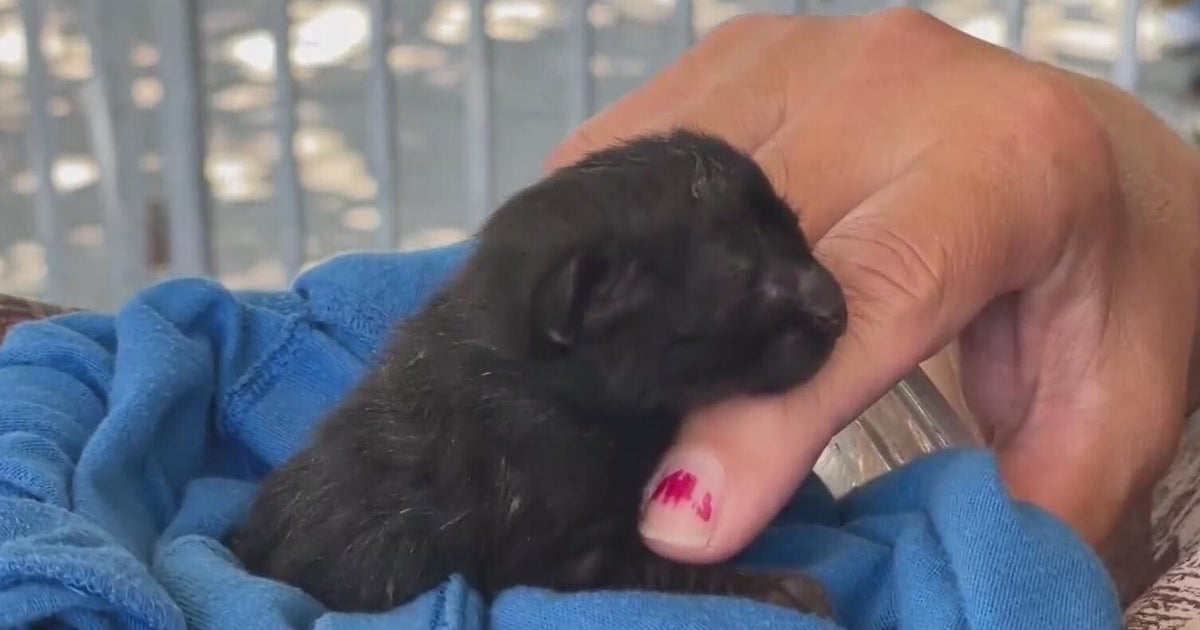COVID Update: Dr. Colfax Warns San Francisco 'At A Crossroads;' Hundreds Could Die In Worst-Case Scenario
SAN FRANCISCO (CBS SF) -- San Francisco Health Director Dr. Grant Colfax on Wednesday warned that the city was entering the worst COVID-19 case surge to date and that as many as 1,500 residents could die by the spring if safety measures aren't followed.
Colfax started with a serious tone, saying this was his most important message of the entire pandemic.
"To be blunt, we have one chance to turn this serious surge around. And that chance is right now, but our window is narrowing and closing fast," Colfax said.
Colfax said that the current surge was the worst that the city had seen since the start of the pandemic and, if allowed to grow, would have far more widespread impact on San Francisco.
"I want to stress the significant impact this surge will have on you, your neighbors and friends, your family and future generations, if we do not bend the trajectory of this surge right now," said Colfax. "The projections I'm going to show you of hundreds of deaths stretching towards the spring of 2021 are not our destiny yet. We have the power to avoid these terrible outcomes."
Colfax said that since the week of Thanksgiving, San Francisco had seen its new COVID cases skyrocket. The average case rate per 100,000 residents has doubled from 15 to 30. He warned that the rapidly rising case rate was the result of residents indulging in risky behavior.
Colfax presented two possible futures for San Francisco.
"We are at a crossroads. We still have a window to turn this thing around. Here you have two very different futures," said Colfax as he showed a pair of graphs that mapped out projections of COVID hospitalizations.
"If we do not decrease COVID transmission by staying at home, we are projecting that transmission will continue at a very high rate," said Colfax, saying that each new case could infect 1.5 new people. The higher-end projection at that rate could lead to over 4,500 hospitalizations at a peak in February of next year along with up to 1,500 additional deaths.
The other more positive scenario would project the COVID hospitalization rate as peaking at around Dec. 21 with the duration of the surge being dramatically shortened.
Colfax said the city currently has 123 COVID positive patients in San Francisco hospitals with 30 of those cases in intensive care. While Colfax said those numbers might not seem high, the case numbers in San Francisco were rising rapidly.
Even if the curve is flattened and the city's case rate is reduced, San Francisco is still facing some tough challenges as far as the city's current ICU capacity.
"With the current capacity of our ICU beds, we expect those to run out as soon as the (December) 27th; in just 17 days. That's based on the numbers we have today. If we see those hospitalization numbers continue to go up, we may even run out of ICU beds earlier than that," said Colfax. "I think we see in other regions around the state, where ICUs are reaching the 15% threshold. We expect to meet that as early as sometime this week."
Colfax said San Francisco is expected to receive 12,000 coronavirus vaccines
next week, the city's first allocation from the state and federal government.
The city expects to begin receiving doses Tuesday of the vaccine developed by the pharmaceutical company Pfizer once it is approved for emergency use by the U.S. Food and Drug Administration, according to Colfax.
Colfax also stressed the importance of not assuming that the progress in distributing a COVID-19 vaccine would allow San Franciscans to be more relaxed about safety protocols.
"No one wants to accelerate this situation into 2021. Not when there's a vaccine so close at hand. But the vaccine is still months away from being widely available to the general public," explained Colfax. "And, I must emphasize this, the vaccine will not save us from this current national, state or local surge. There is simply not enough time."
Under the state's plan, the first people to to receive the vaccine will be acute health care workers at hospitals and some nursing homes. Colfax said widespread distribution of the vaccine could be underway by next spring or summer.
"We are expecting 12,000 vaccine doses in our first allocation from the state and federal governments," said Colfax. "There is no vaccine in the states approved by the FDA yet. But we anticipate that the first doses will arrive by December 15."
Colfax closed by reiterating his oft repeated refrain that San Francisco has successfully flattened the curve before by following health orders and safety protocols and could do so again to save lives.
"In the meantime, remember: we know how to slow the spread of the virus. We've done it twice before. Let's do it a third time," said Colfax.
San Francisco Mayor London Breed had earlier opened her remarks on Wednesday by discussing San Francisco's plan to reopen playgrounds during the stay-at-home order.
"This morning the state changed its guidelines on playgrounds to allow them to remain open if a region falls into the most restrictive category," Breed said. "Since San Francisco along with several other Bay Area counties has opted into these restrictions, we will follow the state guidelines. And what that means is our playgrounds will reopen for our kids."
Breed thanked Governor Gavin Newsom and the city's Rec and Park department for doing the work required to allow playgrounds to reopen, especially with schools currently closed. She also reminded residents to follow COVID-19 protocols when bringing their children to playgrounds as far as not mixing households, limiting visits to 30 minutes, wearing masks and practicing social distancing.
Breed also appealed to those who visit playgrounds and parks to avoid any confrontations with those who aren't following all the rules.
"And I want everyone to remember this when you do visit our playgrounds, you are not the park police. If you see someone violating the rules or people are crowding together, you don't have to confront them. You can choose to walk away. Don't get into any altercations, don't get agitated, don't start any fights. We are all suffering. Have some understanding and some empathy and let the city officials who are responsible deal with it."
Mayor Breed also stressed the importance of changing behavior to bring down case numbers and relieve stress on the city's hospitals.
"This is about people's lives. We are seeing ICU bed capacity disappear across the state," said Breed. "If that happens, more vulnerable people won't get the care they need and more people will die. It means that if you or your mom or your grandmom need a bed in a few weeks, they may not be able to get one."



